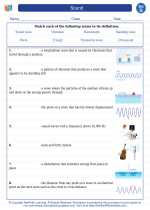What is a System?
In science, a system is a group of interacting, interrelated, or interdependent components that form a complex and unified whole. Systems can be natural or human-made and can range from simple to highly complex.
Types of Systems
There are different types of systems found in the natural world and in human-made structures. Some common types of systems include:
- Open Systems: These systems exchange both energy and matter with their surroundings. An example of an open system is a plant taking in sunlight and carbon dioxide for photosynthesis.
- Closed Systems: These systems exchange energy but not matter with their surroundings. Earth can be considered a closed system with respect to matter, as very little matter is exchanged with outer space.
- Isolated Systems: These systems do not exchange energy or matter with their surroundings. While true isolated systems do not exist in nature, they can be approximated in laboratory settings.
Components of a System
The components of a system are the individual parts or elements that work together to perform a specific function within the system. These components can include physical parts, processes, organisms, or abstract concepts.
Interactions in a System
The interactions within a system refer to the ways in which the components of the system affect each other. These interactions can be physical, chemical, biological, or informational. Understanding these interactions is key to understanding how a system functions as a whole.
Studying Systems
When studying systems, scientists often use a systems approach, which involves analyzing the interactions and relationships between the components of a system to gain a deeper understanding of how the system works. This approach often involves modeling the system, making predictions, and testing those predictions through experimentation.
Examples of Systems
Systems are found everywhere in the natural world and in human society. Some examples of systems include the cardiovascular system in the human body, ecosystems in nature, the solar system, transportation systems, and communication networks.
Study Guide
Here are some key points to remember when studying the topic of systems:
- Identify the different types of systems and provide examples of each type.
- Explain the concept of components within a system and how they contribute to the system's function.
- Describe the interactions that occur within a system and their importance in understanding the system as a whole.
- Discuss the systems approach to studying complex phenomena and its application in scientific research.
- Analyze specific examples of systems and explain their components, interactions, and overall function.
Understanding the concept of systems is essential in various scientific disciplines, from biology and ecology to physics and engineering. By mastering the principles of systems, you can gain valuable insights into the interconnected nature of the world around us.
.◂Science Worksheets and Study Guides Seventh Grade. Sound
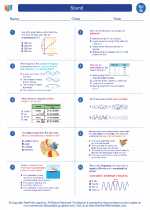
 Worksheet/Answer key
Worksheet/Answer key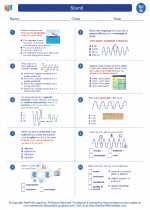
 Worksheet/Answer key
Worksheet/Answer key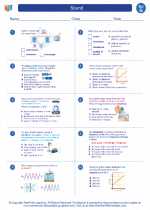
 Vocabulary/Answer key
Vocabulary/Answer key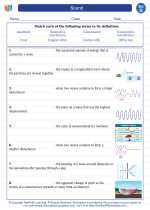
 Vocabulary/Answer key
Vocabulary/Answer key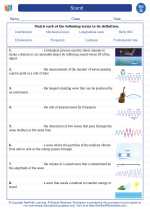
 Vocabulary/Answer key
Vocabulary/Answer key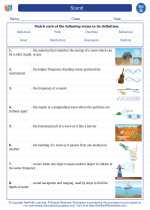
 Vocabulary/Answer key
Vocabulary/Answer key